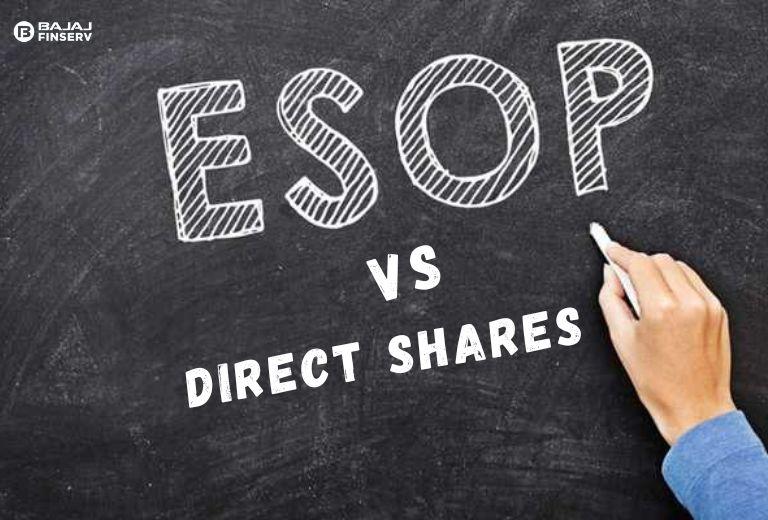Entrepreneurship is broad and multidimensional. It takes somebody with a specific set of skills and traits to be able to make it in a cut-throat industry. As we all know, the business world is complex and it can be intimidating to navigate around in. That being said, this field includes a wide range of individuals with unique backgrounds.
As you know, there are different types of entrepreneurs. From a tech startup founder to a local community’s small time business owner, they all have different approaches to building a successful business. They come in different forms, and each creates their own path to success.
Furthermore, this article discusses the different types of entrepreneurs and the paths they take in order to make opportunities happen. By delving more on to the different types of entrepreneur and their paths, we can gain more insights and apply it on to our own entrepreneurial journey.
The Visionary Innovator
The visionary innovator, how do you define this type of business mogul? A perfect example of this would be tech entrepreneurs. When it comes to innovation, they’re usually the first type of business owner that comes to mind. Where others see problems, they see opportunities. Problems are just a way for them to come up with an idea for a new business strategy. Their objective is to introduce something unique and inviting to the market, such as novel goods or services.
What are the usual products or services these types of entrepreneurs provide? Well for one, they usually invent groundbreaking technologies or enterprises. Facebook, Tesla, Twitter and Amazon are a few worth mentioning.
In addition to this, these entrepreneurs are known for their expansive thinking, risk-taking, and ability to quickly grow their companies. Their passion for their work inspires innovation and perseverance, allowing them to enter international markets.
The Community Builder
In every community, there exists small business owners. They are essential to creating thriving local economies and communities. They are known as the backbone of Main street, generating employment, encouraging innovative thinking, and building the distinct identity of their communities. These business owners frequently act as advocates and leaders in the community.
If there’s one thing that sets these entrepreneurs apart from the other types is their ability to build customer relationships. Small business owners usually prioritizes personalized service as well as building trust and loyalty among customers. Due to this, a strong community support is usually observed with these entrepreneurs.
Furthermore, small business owners frequently exhibit agility and adaptability, reacting fast to shifting consumer demands and market situations. They are an essential component of our communities. Often than not, the success of local economies depends on their success.
The Lifestyle Entrepreneur
Maintaining a business can be difficult. Making sure everything is in top shape can take a toll on an entrepreneur. Business owners, especially when their company is already well-known, can have a hard time making time for themselves or their families. This is where the lifestyle entrepreneur enters the picture.
A lifestyle entrepreneur is a business mogul that prioritizes their well-being and personal interests alongside their business endeavors. They prioritize independence, thus often pursuing other passions and interests because the businesses that they have created can usually be managed remotely. Examples of these are Oprah Winfrey, Rihanna, and Richard Branson.
Work-life balance is very important for a lifestyle entrepreneur. However, due to their flexible working hours, it can become very difficult for them to manage their time and maintain self-discipline. This is not so much of an issue though because for most of them, the pros outweigh the cons.
The Corporate Entrepreneur
Aside from the visionary innovator, this type of entrepreneur is also one of those business moguls that come to mind when you think about navigating through the complexity of entrepreneurship. These types are also referred to as the “intrapreneurs” because they know their way around the corporate jungle.
Despite their expertise with the corporate landscape, corporate entrepreneurs encounter a culture that is resistant to change. This is because the corporate world can be stiff and hard to convince. To make their vision a reality, they need to figure out how to get support for their concepts, obtain funding, and get over administrative hurdles.
Additionally, corporate entrepreneurs are essential for driving innovation and maintaining the competitiveness of well-established companies in the dynamic business environment. In today’s corporate atmosphere, their ability to think and act like entrepreneurs while using the resources and scale of an established company makes them great assets.
The Young Entrepreneur
There is a growing trend nowadays, of more young people going into entrepreneurship. These individuals are usually still in school, or pursue the field after they graduated. Their young age results in more willingness to risk because there is often nothing to lose. Often, they bring fresh ideas to the table.
Being young and pursuing a business can sound fun and exciting but often, these young entrepreneurs do struggle due to lack of experience and resources.
It’s easier for some, but for others, it can be difficult because they are unable to secure funding. To top that off, building credibility is usually harder for them .
Nevertheless, despite these challenges, young entrepreneurs possess the ability to give noteworthy influence in the corporate world. They have the tools necessary to overcome challenges and succeed at an early age because they have access to technology and are quicker to adapt to changes.
The Senior Entrepreneur
The senior entrepreneur. We are all too familiar with this because we have family members who go into business ventures right after retirement. This is a very common scenario that occurs in the business world. There is a large number of retired older individuals who pursue entrepreneurship because they already have the funds to start their own company.
The advantages of these entrepreneurs is that they already have plenty of experience from the corporate world that they came from. Thus, the wisdom and expertise they possess helps them in their business ventures.
Senior entrepreneurs possess a solid financial basis, a wealth of industry experience, and a network that helps them spot opportunities and overcome obstacles. Despite struggling with obstacles like adjusting to newer technologies, many of these older individuals see entrepreneurship as a means of maintaining an active and satisfying retirement.
Key Takeaway
Entrepreneurship takes many different forms and is intricate. It involves various types of individuals with unique experiences, drives, and strategies. It’s crucial for innovation, employment, and corporate environment reshaping. Regardless of age, passion, or tenacity, a readiness to seize new opportunities are key to business success.
Furthermore, whether you’re the visionary innovator, the community builder, the lifestyle entrepreneur, corporate entrepreneur, young entrepreneur, or senior entrepreneur, there is no doubt that you have to be able to adapt easily, create solutions to problems, adjust to the new technologies, and build a network that helps spot opportunities and overcome obstacles in the daunting corporate jungle in order to succeed in business.






